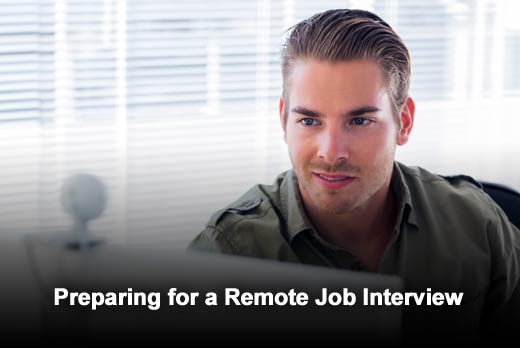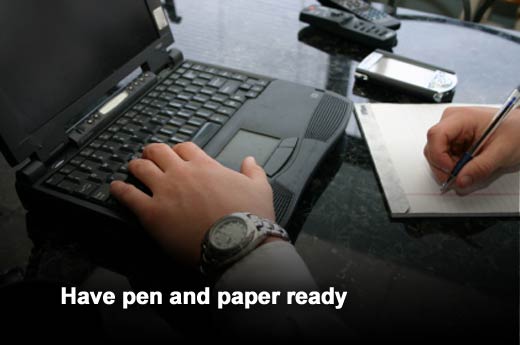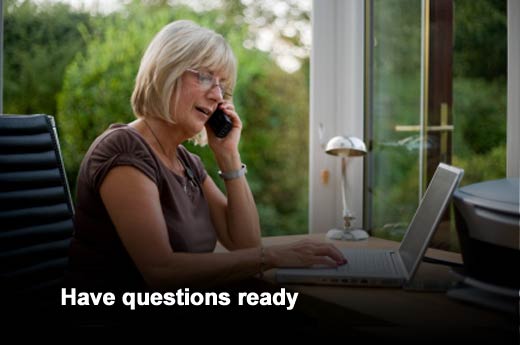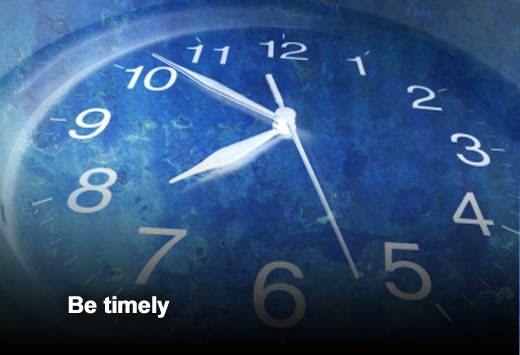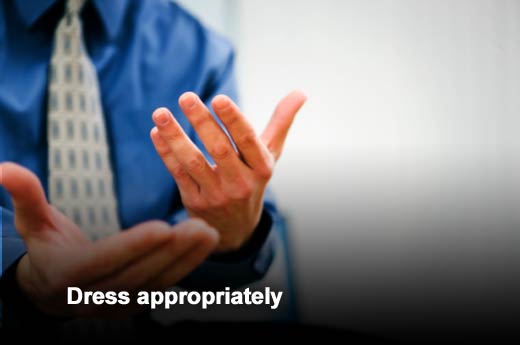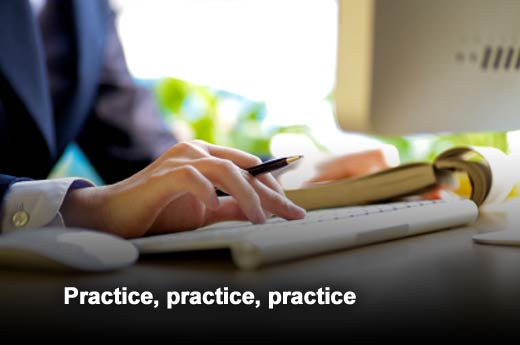With nearly half of all interviews for technology-related jobs being conducted remotely, job seekers should prepare for them just as they would for an in-person interview at the company’s own offices, say experts at Harris Allied, a New York City-based executive search firm.
“More and more companies are conducting interviews with job candidates via phone, Skype or video conference. This is especially true for first interviews where a hiring manager is simply trying to pre-screen candidates for the team or when a candidate lives too far away to justify flying in for a quick interview at this early stage in the process,” says Harris Allied managing partner Kathy Harris. “But people are not always comfortable with the virtual aspect of this kind of interview. We have all seen those videos that poke fun at the dynamics of conference calls. Unfortunately, lack of preparation for a remote interview can put even the best candidate in an unfavorable light and ruin their chances for a next-round, onsite interview. The saying ‘failing to prepare is preparing to fail’ really rings true in these situations.”
Harris offers the following guidance for job seekers who stand a good chance of having to be interviewed remotely.
Click through for nine tips and strategies to help job seekers prepare for remote interviews, as identified by Harris Allied, a New York City-based executive search firm.
Landlines still offer the best connection: When possible, arrange to conduct the interview over a landline. Cell calls, which are more routine than ever, still get dropped and can prove unreliable in the most important moments.
Go to a quiet place: A barking dog, crying baby or street traffic all present a distraction. Make sure you conduct your interview in a quiet room with the door closed, just as you would be doing if you were interviewing onsite at the prospective employer.
Get a pen and paper: Have something to write on and to write with, as well as a copy of your resume, with you. Just as you would during an in-person interview, jot down important questions you want to ask, reference dates and key skills on your resume. Take notes about the position that the hiring manager shares with you.
Have questions ready: Make sure you have two or three questions to ask about the position ready to ask at the end of the call. The hiring manager will most likely ask if you have any questions. In an effort to both reinforce your interest in the position, as well as cover those aspects of the position you are keen to have answers about, have those questions ready to share. Ask, for example, “Am I a fit for the role?” or “What are my next steps?” These questions reinforce that you are very interested in the position.
Be timely: Showing up late for a job interview is getting off on the wrong foot. Be as punctual for those remote interviews as you would be in person.
Dress appropriately: Even if the interview is virtual, make sure to dress for the office culture that you are interviewing for. If it’s business casual, wear a button-down shirt and slacks. If it’s a suit-and-tie shop, dress to impress. The only exception would be if you are coming from your current job where the dress code is different. Regardless, dress to impress. T-shirts and jeans are never suitable attire for any job interview.
Think on your feet: If you are conducting the interview via phone, stand up when you are speaking. You will naturally have more conviction in your voice, and this translates to confidence and a smile.
Sit up straight: If your interviewer can see you during your remote interview, sit up straight with both feet on the floor. Also, feel free to gesture naturally with your hands if you do so when you are speaking in person. You will come across natural and confident, as well.
Practice, practice, practice: Sometimes the technology associated with a remote interview makes people uncomfortable. Practice on Skype with a friend; find your best angle; and get comfortable with the controls, volume and camera position, for example. Do the interview on a laptop or computer screen versus an iPad. Don’t wear white, since it is a bad choice on camera; wear a blue shirt instead. Keep jewelry to a minimum. Wear a jacket if you are prone to sweating when you are nervous.
“While in-person interviews are always preferable, remote ones have become the norm, except for C-Suite executives. If you are offered a choice, always go with the in-person interview. But if not, you can take the steps necessary to leave a good impression,” Harris adds.


